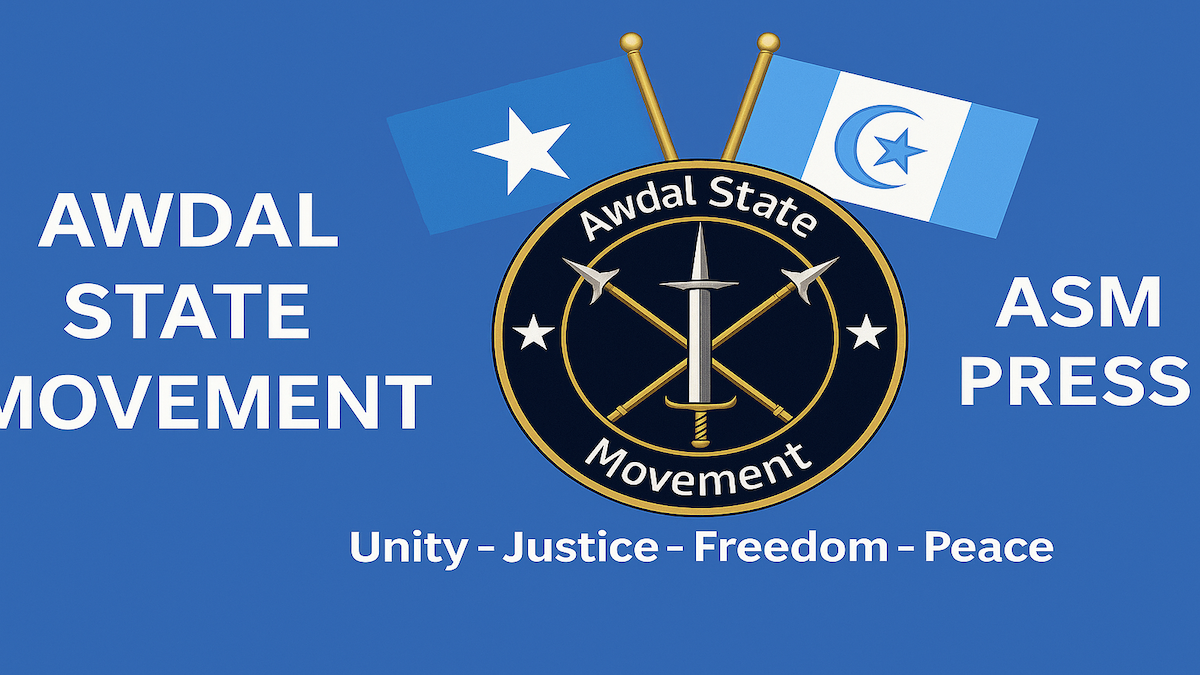Ayrotv.com- The federal government of Somalia is a complex tapestry of representation, where every member of parliament claims to represent the interests and voices of their people. However, the reality is often more nuanced. A striking example of this complexity is the presence of certain senators who assert their representation of the self-declared “Somaliland,” a claim that raises significant questions about their legitimacy and motives.
One such figure is Senator Dubbe, who recently stirred controversy during an interview with SMS Somali TV. In his statements, he boldly claimed that Somalia ceased to exist as a country in 1991, a declaration that not only undermines the efforts of the federal government but also challenges the very identity of the Somali nation. Dubbe, alongside his cousins, appears to be leading a campaign against the current Minister of Foreign Affairs, Mr. Ahmed Maalim Fiqi is a respected figure known for his commitment to Somalia’s territorial integrity and sovereignty.
Minister Fiqi has earned recognition for his courageous defence of Somalia against external threats, particularly from Ethiopia. His advocacy for the unity of the Somali people stands in stark contrast to Dubbe and his associates, who seem more aligned with the interests of their tribal regime in Hargeisa than with the collective good of the nation. This schism raises concerns about the motivations of certain parliamentarians, particularly those from the Isaaq clan, who have historically advocated for a closer alignment with Ethiopia.
Critics argue that Dubbe and his cousins do not genuinely represent the diverse populations of northern Somalia, instead serving the narrow interests of their own regions, specifically Togdheer and Woqooyi Galbeed This representation is further complicated by the suspicion that foreign agents may be embedded within the Somali parliament, working against national interests. The potential for dual loyalty among certain senators poses a significant threat to Somalia’s security, territorial integrity, and sovereignty.
Given the gravity of these accusations, it is imperative that the federal government and its parliament take decisive action. Minister Fiqi, a patriot and nationalist, should be protected and supported rather than targeted by those who seek to destabilize the nation. His actions reflect a commitment to the unity of the Somali people, and he deserves the backing of the parliament.
In light of these developments, a thorough investigation into the activities of Senator Dubbe and his associates is warranted. Scrutinizing their communications and financial dealings could reveal connections that undermine the interests of the Somali people. It is crucial to ask: who elected these individuals, and on whose behalf do they truly speak?
As Somalia continues its journey toward stability and unity, it must confront these internal challenges head-on. The parliament must prioritize the interests of all its citizens over the ambitions of a select few. Protecting the integrity of the nation requires vigilance against those who would divide it for personal or tribal gain. The time for action is now; the future of Somalia depends on it.
By: BURAALE XINIIN









